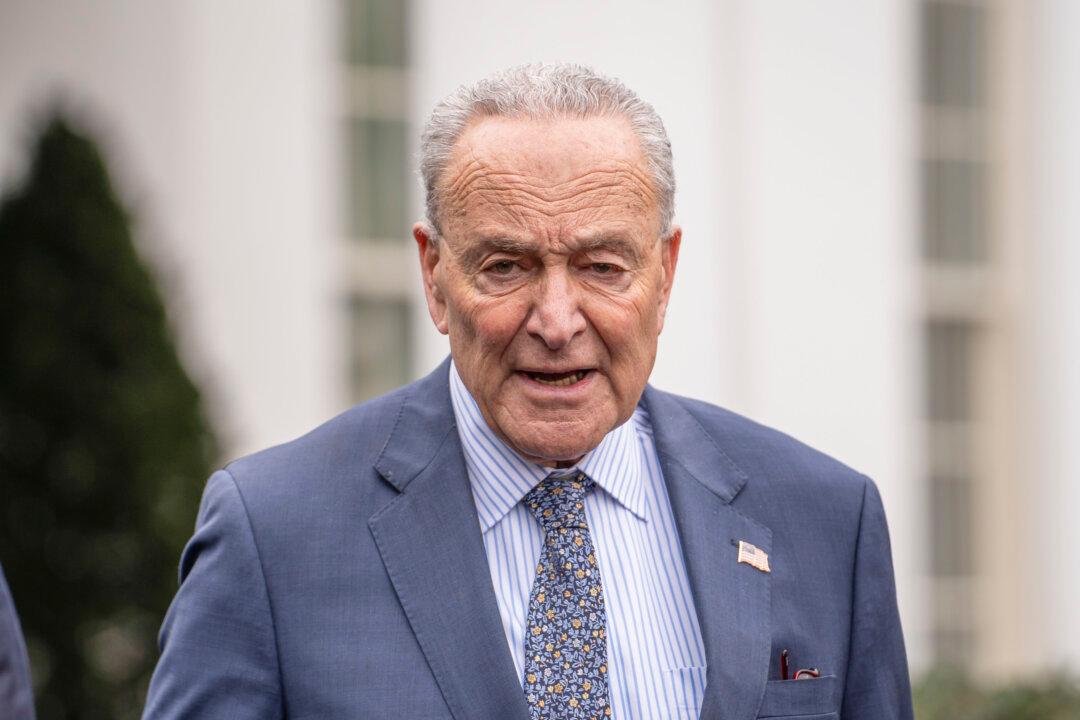Senate Majority Leader Chuck Schumer (D-N.Y.) and 22 Democratic senators urged the Department of Justice (DOJ) to investigate allegations of price-fixing in the oil and gas industry.
Democrats in the upper chamber, joined by Sen. Bernie Sanders (I-Vt.), requested Attorney General Merrick Garland to determine whether oil and gas firms illegally colluded to ensure high fuel costs, exacerbating inflation pressures in the U.S. economy.





